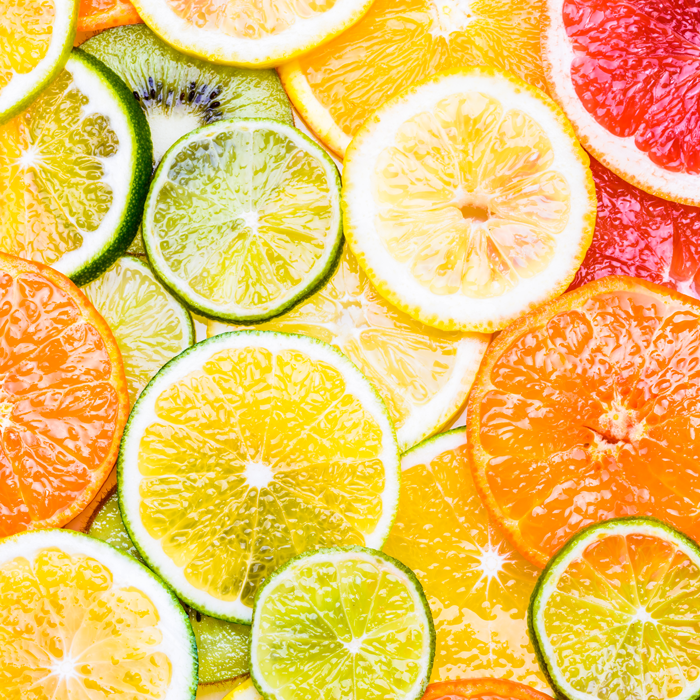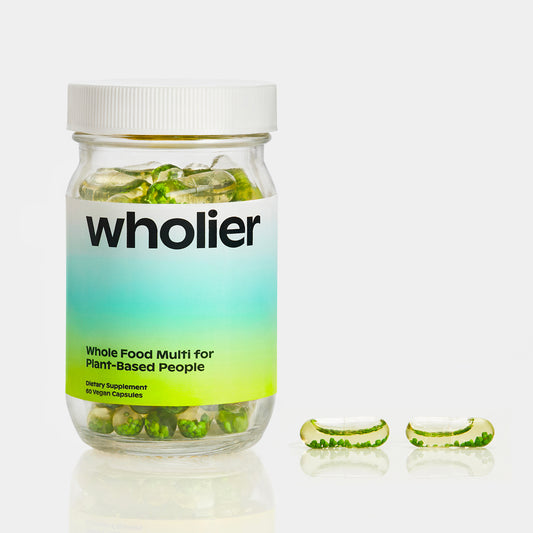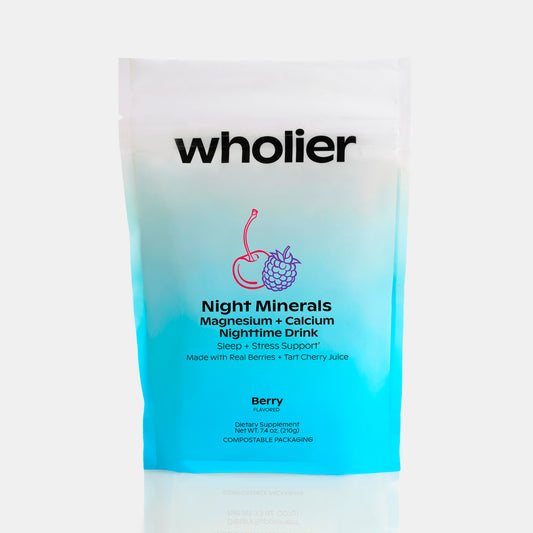
Is Ascorbic Acid Synthetic? Exploring the Truth About Vitamin C
Reveal the truth behind the synthetic nature of ascorbic acid, commonly referred to as vitamin C, and gain valuable insights on making the right choice for your health.
Vitamin C, also known as ascorbic acid, is a vital nutrient that plays a crucial role in our overall health.(1) We often associate it with citrus fruits and a remedy for the common cold. But have you ever wondered if the ascorbic acid you consume is synthetic or natural? In this article, we'll delve into the world of vitamin C and uncover the truth behind its origins.
What is Ascorbic Acid and How is it Made?
Ascorbic acid is a water-soluble vitamin that acts as an antioxidant in our bodies, supporting immune function, collagen synthesis, and wound healing.^1 It can be obtained naturally from various fruits and vegetables or synthetically manufactured.
Fact: Most Ascorbic Acid is Synthetic
When we walk down the supplement aisle or read the ingredients of fortified foods, we often come across ascorbic acid. Surprisingly, the majority of ascorbic acid available in these forms is synthetic.(2) Synthetic ascorbic acid is chemically identical to its natural counterpart but is produced through manufacturing processes. These processes typically involve starting with glucose or other sugar sources and converting them into ascorbic acid.
What Does Synthetic Mean?
Let's take a moment to understand what we mean when we say a substance is synthetic. When a compound is described as synthetic, it means it has been created artificially, often through chemical synthesis, rather than being derived directly from a natural source.^2 In the case of ascorbic acid, synthetic production allows for greater control over quality, purity, and cost-effectiveness. It ensures a consistent supply of vitamin C, especially for large-scale production.
What Are Non-Synthetic Forms of Vitamin C?
While synthetic ascorbic acid dominates the market, there are alternative sources of non-synthetic vitamin C. One such example is the amla berry, also known as Indian gooseberry. Amla is a natural source of vitamin C and contains other beneficial compounds, making it a popular choice in Ayurvedic medicine. Similarly, other non-synthetic forms of vitamin C include camu camu, acerola cherry, and rose hips. These natural sources offer a way to obtain vitamin C without relying solely on synthetic supplements.(3)
Research on Bioavailability of Synthetic vs. Non-Synthetic Vitamin C
The bioavailability of vitamin C from synthetic versus non-synthetic sources has been a topic of interest among researchers. Bioavailability refers to the extent to which a substance is absorbed and utilized by the body. Some studies suggest that natural sources of vitamin C may have enhanced bioavailability and additional bioactive compounds that contribute to their overall health benefits. For example, a study published in the journal Nutrients found that amla berry supplementation increased vitamin C levels in participants more effectively than synthetic ascorbic acid alone.(4) However, more research is needed to draw definitive conclusions on the bioavailability differences between synthetic and non-synthetic forms.
Ascorbic acid, or vitamin C, can be obtained in both synthetic and non-synthetic forms. While synthetic ascorbic acid is widely available and chemically identical to its natural counterpart, non-synthetic sources like amla berry provide an alternative for those seeking a more natural option. Research on the bioavailability of synthetic and non-synthetic forms continues to shed light on their potential differences. So, whether you opt for synthetic or non-synthetic ascorbic acid, incorporating this vital nutrient into your diet is essential for supporting your overall health.
Sources:
(1) Carr, A. C., & Maggini, S. (2017).Vitamin C and immune function. Nutrients, 9(11), 1211.
(2) Lachmann, B., & Shainheit, M. G. (2020). Ascorbic Acid. In StatPearls [Internet]. StatPearls Publishing.
(3) Kamboj, P., & Dwivedi, S. (2019). Amla (Emblica officinalis Gaertn.) - A review on its composition, utilization, and therapeutic potential. Drug Development and Therapeutics, 10(3), 79-88.
(4) Uchida, E., Liu, X., Anthony, J., et al. (2020). Effect of Amla (Emblica officinalis Gaertn.) on Blood Glucose, Lipid Profile, and Atherosclerosis in Type 2 Diabetic Patients with Hyperlipidemia: A Randomized Double-Blind Placebo-Controlled Clinical Trial. Journal of Medicinal Food, 23(9), 948-955.






